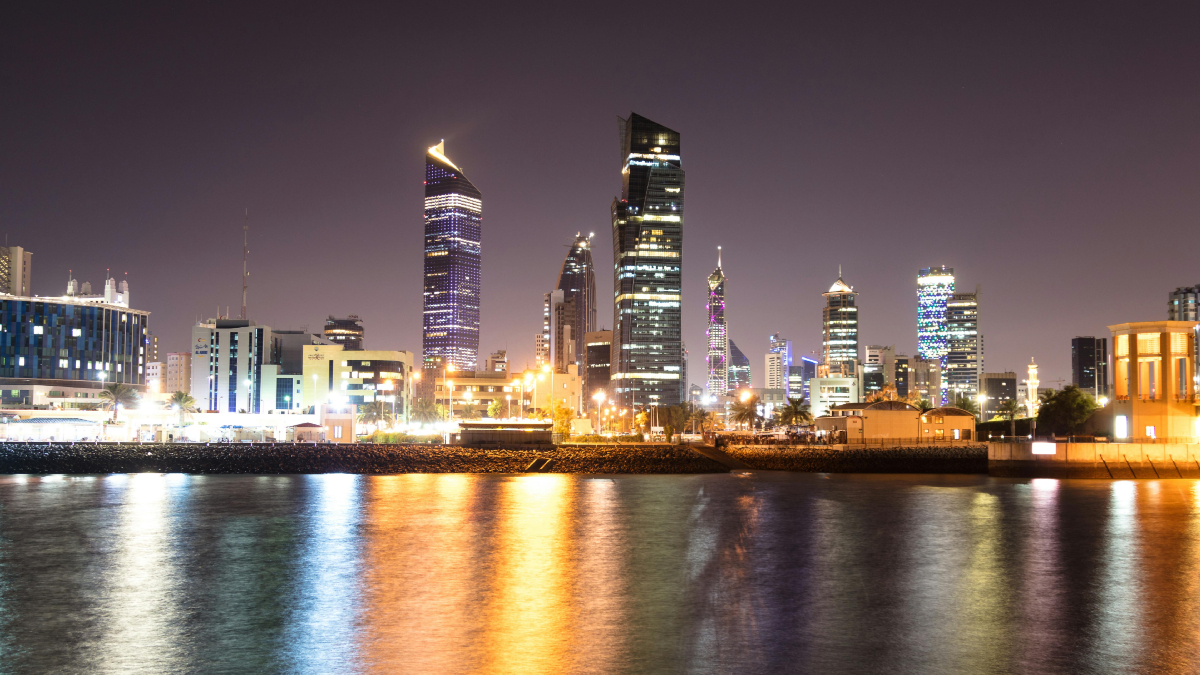The Department of Migrant Workers (DMW) has announced the implementation of stricter measures to protect Overseas Filipino Workers (OFWs) deployed to Kuwait. This initiative aims to enhance the monitoring and welfare of OFWs in the Gulf state, as agreed upon by both Manila and Kuwait.
Migrant Workers Secretary Hans Leo Cacdac highlighted several key measures in a recent news release. These include the establishment of a Blacklist and Whitelist system for recruitment agencies and employers involved in the deployment of OFWs, ensuring timely payment of wages through electronic payment systems, and the appointment of welfare officers dedicated to monitoring and assisting OFWs throughout their labor migration journey.
“The said measures include the implementation of a system for the Blacklist and Whitelist of Recruitment Agencies and employers that will participate in the resumption of deployment, the provision of salaries of OFWs through electronic payment to ensure timely payment of wages, and the appointment of welfare officers to monitor, report, and assist OFWs in the whole-cycle of their labor migration,” Cacdac stated.
In a briefing on Tuesday, Cacdac also announced that Kuwait would ease restrictions on the issuance of entry and work visas to Filipinos, which had been in effect since May of the previous year. This development follows a meeting on June 23 between DMW Undersecretary Bernard Olalia, Philippine Ambassador to Kuwait Jose Cabrera III, DMW Labor Attaché Manuel Dimaano, and Kuwaiti Interior Minister and First Deputy Minister of Defense Sheikh Fahd Yousef Saud Al-Sabah, along with representatives from the Kuwait Ministry of Foreign Affairs and the Public Authority for Manpower.
The lifting of the deployment ban is expected to reopen opportunities for professional, skilled, and semi-skilled Filipino workers in Kuwait. However, domestic workers will be required to have prior overseas experience before they can be deployed to Kuwait.
To further ensure the protection of OFWs, the Philippines and Kuwait have agreed to establish a joint technical working committee. This committee will periodically meet to address and resolve labor-related issues and other concerns.
Cacdac emphasized the importance of the continuing cooperation between the two nations, stating, “The resolution is a continuing manifestation of the cordiality, of the friendship between the two nations established by no less than President Ferdinand Marcos Jr, and then Kuwaiti Crown Prince and now Emir Sheikh Meshal back in October 2023. Also, the previous negotiations and meetings played a part in building up into resolution. We thank the Kuwaiti side for their openness and for the good conversation.”






